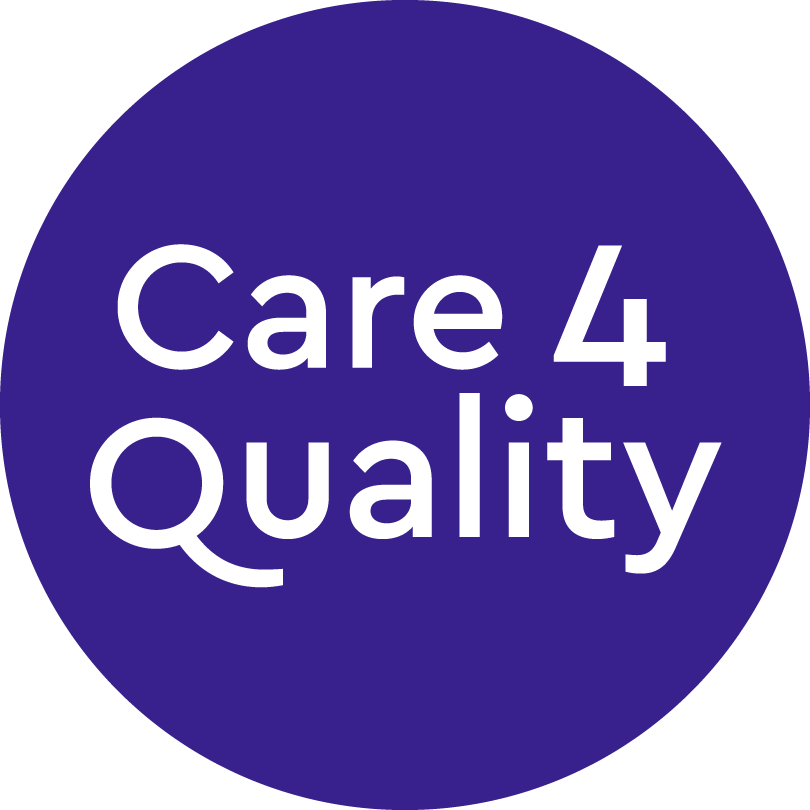In recent years, there has been a much larger focus on providing inclusive care for LGBT+ individuals, and for good reason. It is a sign of progress and advocacy.
As we enter 2024, it’s important to reflect on how far we’ve come and also recognise the ongoing challenges we face in healthcare
Understanding the Legacy of Section 28
To understand the significance of LGBT+ healthcare in 2024, it’s crucial to look back at the impact of laws like Section 28. This unfair law, enacted in the 1980s, restricted the “promotion” of homosexuality in schools and educational materials, creating stigma and hindering progress for LGBT+ rights. For many years, Section 28 harmed healthcare because the stigma of this clause made it difficult to provide inclusive care for LGBT+ individuals while prohibiting from promotion of teaching materials for homosexuality and acceptance of homosexual relationships.
The Repeal of Section 28: A Triumph for Equality
The repeal of Section 28 marked a significant milestone in the advancement of LGBT+ rights. It not only removed legal obstacles but also led to a cultural shift that allowed people to openly embrace their sexual orientation and gender identity. In terms of healthcare, it helped to break down barriers and empower LGBT+ individuals to seek healthcare and relationship support openly
Celebrating LGBT+ History Month 2024: Focus on Medicine and Healthcare
As we observe LGBT+ History Month throughout February, it’s a good time to focus on the progress and challenges in medicine and healthcare.
Training programmes now emphasise cultural competence and awareness of diverse sexual orientations and gender identities. However, ongoing work is needed for the inclusivity of trans and non-binary individuals to equip health and social care workers with the knowledge to provide gender-inclusive care.
Education now encourages healthcare providers to continue learning about LGBT+ health disparities, terminology, and best practices. Despite progress, there are still disparities in LGBT+ healthcare due to historical discrimination, lack of research, and limited access to care. Further effort needs to be undertaken to prioritise mental health screenings and support for LGBT+ individuals facing higher rates of mental health challenges.
Additionally, the ongoing HIV/AIDS epidemic continues to disproportionately affect the LGBT+ community, highlighting the urgent need for comprehensive prevention and treatment efforts.
Challenges and Opportunities for Managers in Care Settings
Managers in care settings face both challenges and opportunities. Investing in cultural competency training and expanding LGBT+ health services is crucial. Advocate for policy reforms to create a truly inclusive healthcare system that encompasses sexual orientation, gender identity, race, disability, and economic status.
Supporting LGBT+ individuals involves creating positive first impressions, visible symbols of support, and educating staff about unique experiences. Personalised care plans that consider sexual orientation and gender identity are essential. Leadership should foster an inclusive culture and develop services meeting the needs of LGBT+ individuals.
5 Tips for Supporting LGBT+ Individuals in Health and Social Care
- Inclusive Interactions: Professionals should create positive first impressions and use inclusive language. This includes making questions about sexual orientation and gender relevant to care.
- Visible Support: Providing visible and consistent LGBT+ inclusiveness in care systems is crucial. This can be achieved through visible symbols of support, such as rainbow lanyards or flags.
- Education and Training: Professionals should be educated about the unique experiences and challenges faced by LGBT+ individuals. This includes understanding the history of LGBT+ rights and the impact of discrimination.
- Personalised Care: Care should be personalised to meet the unique needs of LGBT+ individuals. This includes considering the individual’s sexual orientation and gender identity in care planning.
- Leadership and Service Development: Leaders should promote an inclusive culture and develop services that meet the needs of LGBT+ individuals.
Health and social care services should also follow the Health and Care LGBTQ+ Inclusion Framework, which provides guidelines for creating an inclusive environment. This includes visible leadership, a strong knowledge base, non-heteronormative and non-cisnormativity practices, data collection and reporting, listening to service users, and partnering with others to deliver services.
How Care 4 Quality Can Help
Care 4 Quality (C4Q) has been working collaboratively with various individual services and care groups for over a decade. During this time, we have conducted both announced and unannounced mock inspections, providing valuable support, advice, and insight to enhance compliance and governance systems. Our expertise has enabled services to furnish substantial evidence, meet the Regulations and Fundamental Standards, and demonstrate best practices in Equality, Diversity, and Inclusion. In numerous cases, our efforts have even prevented enforcement action from being imposed.
We understand that every service is unique, with its own set of challenges and requirements. That’s why we prioritise building relationships with our clients to understand their needs fully, including how they wish to better serve underrepresented groups and create a more inclusive and flexible work environment. We offer the flexibility to carry out bespoke work or audits in specific areas of the service and conduct comprehensive mock inspections. Our customer-focused approach allows us to consider your care home’s organisational goals, specialisation, and operational nuances to ensure a targeted approach that supports your mission. Expanding into remote work can signal your care home’s commitment to diversity and inclusion, improve accessibility, and help you develop your resources to care and support individuals and employees from all backgrounds. For any type of support please contact us here.
Written by: Steven Haddock, Care 4 Quality’s Quality Assurance Lead
